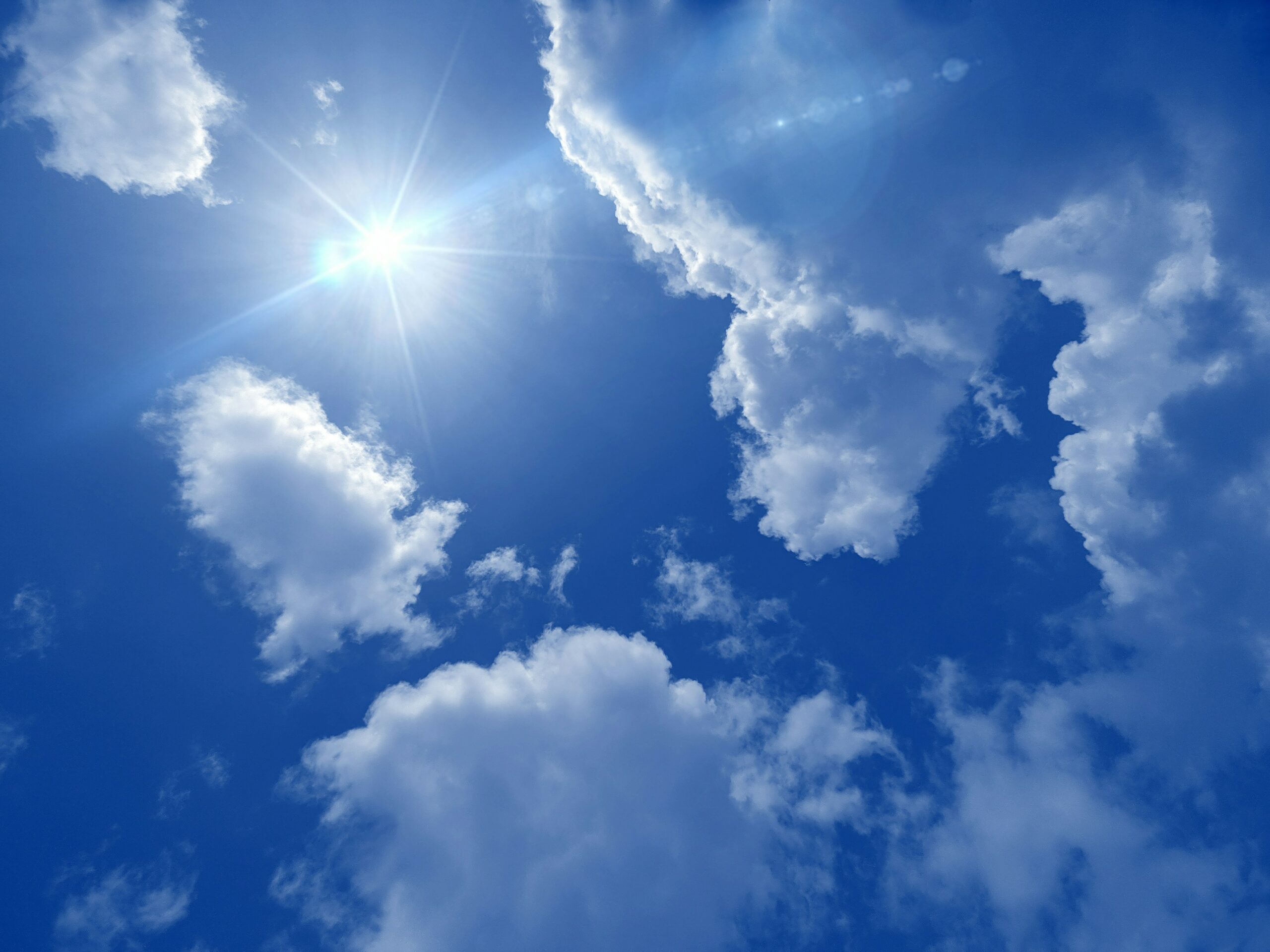“On the glorious splendour of your majesty…I will meditate” (Ps. 145)
How do you meditate on majesty? What even is majesty? These are not academic questions of no consequence. To ignore majesty is to ignore God. No one can worship the Almighty who is ignorant and unexperienced in the majestic.
It is worth saying that majesty is like a colour of paint that has been altogether stripped from the modern world. Whereas in most cultures human beings have been surrounded with the hues of majesty, we have to look hard to find any hint of it. This is true even in a country where kings and queens are present. The majesty of the modern world is not the same as that of the ancient world. To stand before King Solomon would be a very different experience than standing before any modern monarch, at least in the West. To be in presence of Solomon would be like entering the orbit of an immense planet or star. Gravity would change as the soul felt a need to drop prostrate to the floor and stay silent until a voice summoned, “Rise and speak!”.
Now, what is majesty? There are two essential ingredients: beauty and power.
Raw power is not in itself majestic. It may be coercive; it may be threatening; it may be overwhelming, but power by itself is not worshipful. The emblem of this is technology. There are plenty of potent factories and powerplants and modes of transportation that inspire a degree of awe, but such awe is not the by-product of majesty. Such feats of engineering make our bodies feel small and impotent, but they do not (usually) touch the soul. This is why poetry and art that celebrates industrialism is all but indigestible. A windmill does not move the heart to the same degree as does an oak tree or waterfall. The one exudes power; the others are glorious.
At the same time, beauty by itself is not majesty. Beauty comes in many different forms ranging from gentle daisies to giant tidal waves. Beauty can be placid and quaint; it can also be destructive and terrifying. To stand beside Niagara Falls is one experience of beauty. To hold a newborn infant is another. At times, majesty catches hold of beauty like a cloud refracting the sunlight, but not always. Just because you are in the presence of beauty does not mean you are in the presence of majesty.
So, what is the distinctive recipe of majesty? Majesty is power – especially divine power – draped in the robes of beauty. The Psalms are strewn with language to represent this. See it once and you will catch sight of the same truth again and again. Take, for example, the opening lines of Ps. 104: “O LORD, my God, you are very great! You are clothed with splendour and majesty, covering yourself with light as with a garment, stretching out the heavens like a tent.” The language of creation, or power, is unmistakable. The heavens are there because God has made them. They are a product of His might. At the same time, the hue of beauty is also present. In the Psalm, God unveils himself in a palpable glory. He wears light, we are told, as a garment.
It’s worth probing a bit more the reason why beauty is such an important aspect of majesty. The thing to see is the unique way in which beauty touches the soul. There are various ways in which God can inspire obedience. One is to convince by reason. Another is to command by power. Yet, there are times when God seeks to affect us in a less domineering way. It is at these times that beauty is a choice instrument.
The wonder of beauty is that it moves the will without coercing it. Just as gravity gives weight to the body, so beauty gives weight to the soul. When beauty is present, we find ourselves drawn toward something without any need for force or argumentation. This is why CS Lewis sometimes speaks of beauty as having the ability to slip past the dragons of the heart. The blessing of beauty (which can also be a danger) is that it touches the will without us realising what is happening. We find ourselves on bended knee saying, “Holy, Holy, Holy!” before we even know what we are doing.
This, I think, helps make sense of why majesty is such an important aspect of God’s self-revelation. Sometimes God sits on His throne and speaks commands with the voice of thunder. Other times he subdues the mind through the irrefutable reasoning of a prophet or an apostle. Yet, these are not the only ways in which God communicates with us. There are other times he paints the sky in cobalt or dapples the heavens with a million spots of shimmering light. As we see such evidence of His power, we do not feel threatened; neither do we feel convinced. We are simply moved. Like the gentle hand of a musician, something touches the heart, and worship is the result. When this happens, something is present. We’ve have just felt the special power of majesty.
Beauty + Power = Majesty. Keep this recipe in mind as you read the Psalms. Keep this recipe in mind as you experience God.
By Joe Barnard


